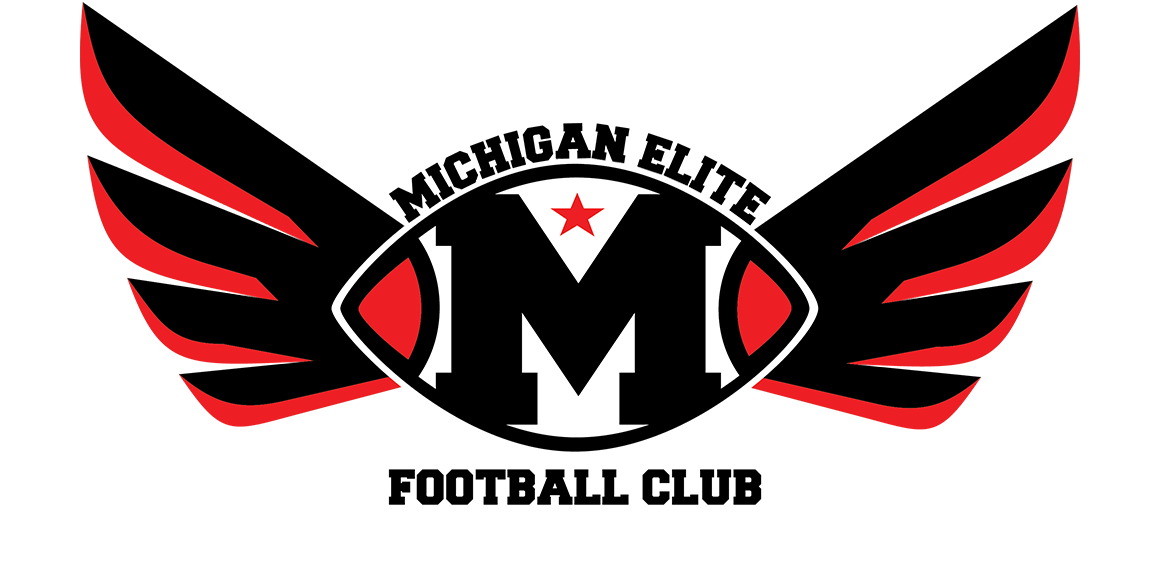
A student may benefit from a tutor if (he/she):
Seems to be trying, but his/her grades don’t show it
Homework is incomplete or not done well
Shows an increasing lack of confidence and motivation about school
Is very anxious about tests
Misbehaving in class
These can be signs of weak skills or serious academic problems in the making. First talk with your child’s teacher to find out what he or she thinks the issue is. If it seems behavioral, you may also want to talk to the school counselor or principal.
Math, English, Reading, Science & Foreign Language
Terri Markray
Solid Foundations Tutoring
31600 W. 13 Mile Rd., Ste. 127
Farmington Hills, MI 48334
[email protected]
(248)275-4166